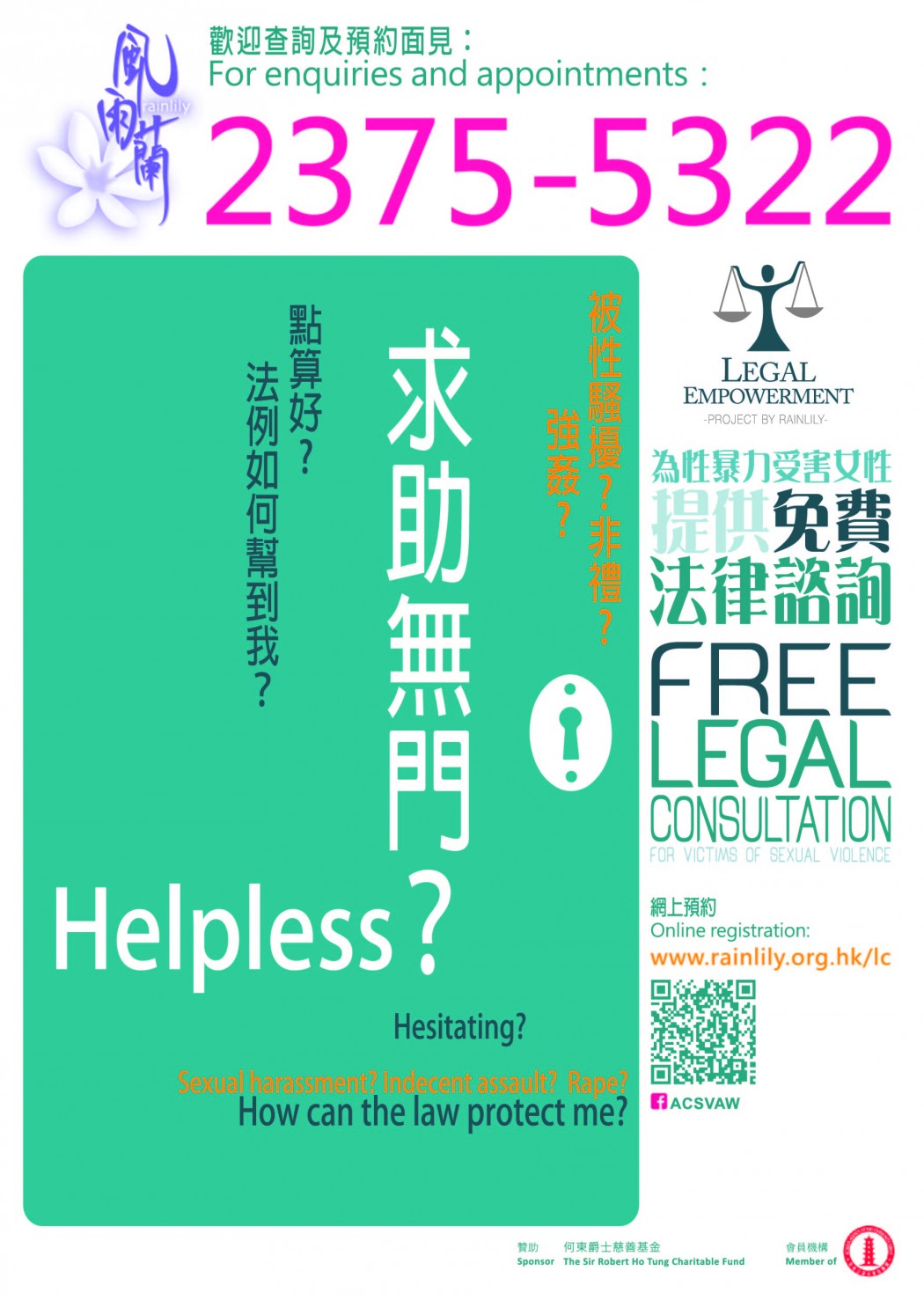A Hong Kong-based NGO has condemned a recent Chinese court study that listed “bad habits” such as drinking, smoking, having open sexual attitudes and staying out late at night as the causes of rape.
The study by Beijing Haidian District Court was based on 151 rape cases and 162 defendants.The judge said that “bold” women often deliberately put themselves in dangerous situations and fail to initially take protective measures when they are approached by men, reported the Beijing Evening News.

The Association Concerning Sexual Violence Against Women (ACSVAW), a non-governmental charitable organization that raises awareness about sexual violence against women and promotes gender equality, has condemned the study as a “rape myth.”
Linda Wong Sau Yung, executive director of ACSVAW, told HKFP that the study “reflects the prevalence of rape myths and has reinforced discrimination against women who encounter sexual violence as once again victims are blamed for their predicament.”
The judge responsible, Wong said, “lacks a gender perspective in understanding the issue of sexual violence against women” and this view “reflects how inadequate the Beijing Government is in providing gender-sensitivity training to professionals and government officials specifically and in educating the general public accordingly.”

By perpetuating the myth that “only ‘bold girls’ get raped because they do go outside and leave the ‘protection of men,’” Wong believes that the study’s conclusions “not only restrict women’s freedom but also discourage women from seeking help as it creates a second trauma… The majority of rapes are not perpetrated by strangers but occur between people who know each other and even those people who are supposed to ‘protect’ women.”
ACSVAW believes that it is important for China, as one of the signatories of the United Nations’ Convention on the Elimination of all Forms of Discrimination Against Women (CEDAW), to better combat sexual violence against women through measures such as organising gender-sensitive training for judicial and law enforcement officials as well as health and social workers, and setting up support services such as qualified rape crisis centres.
